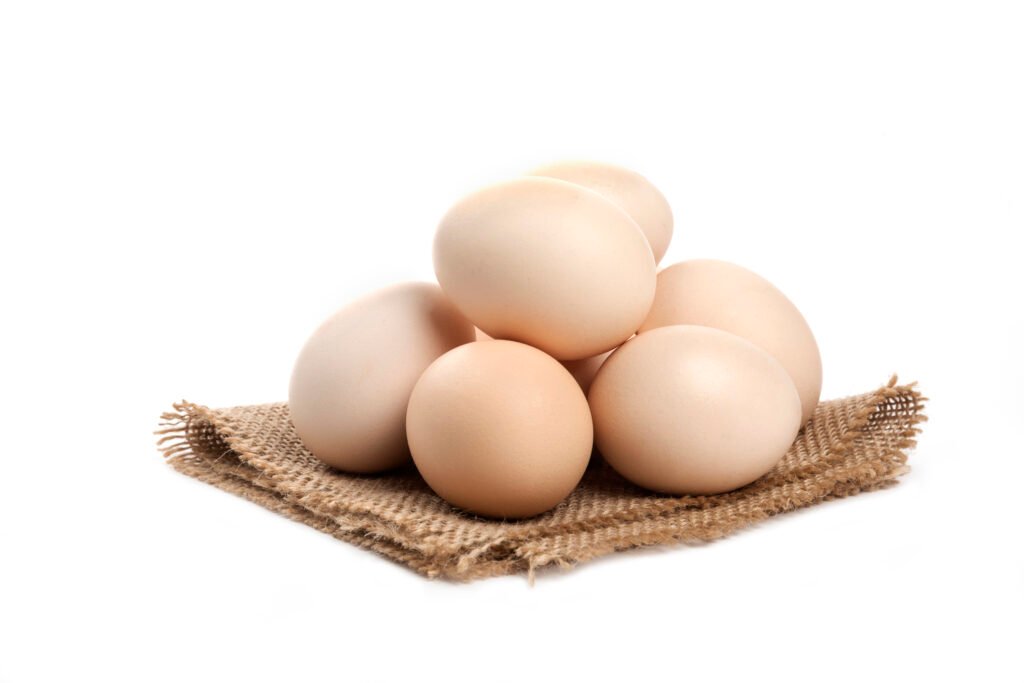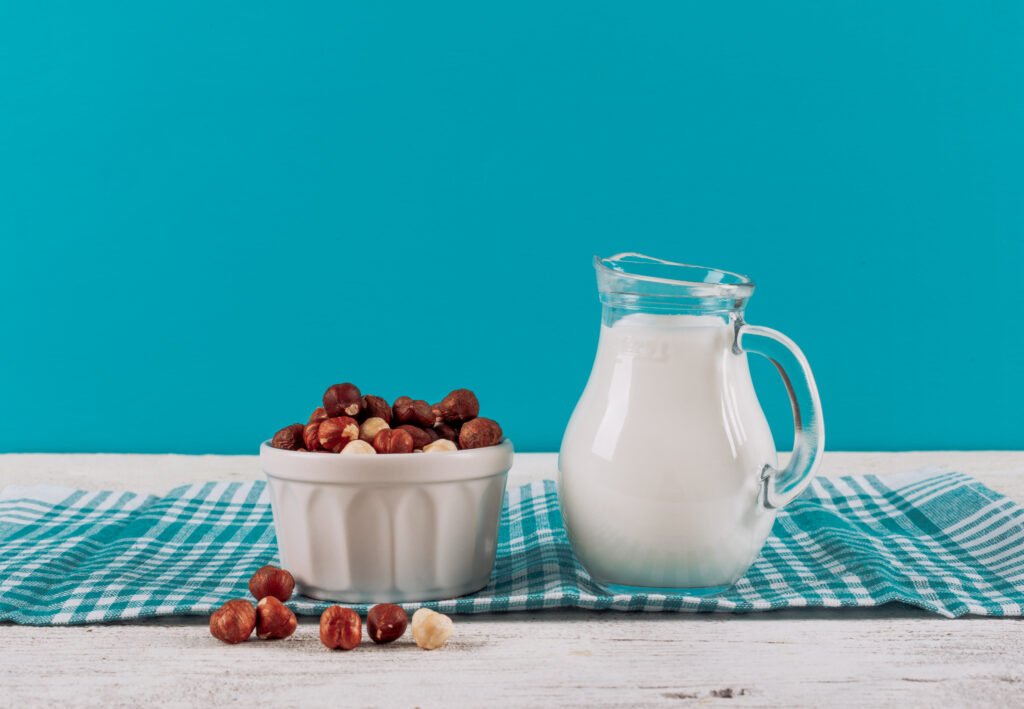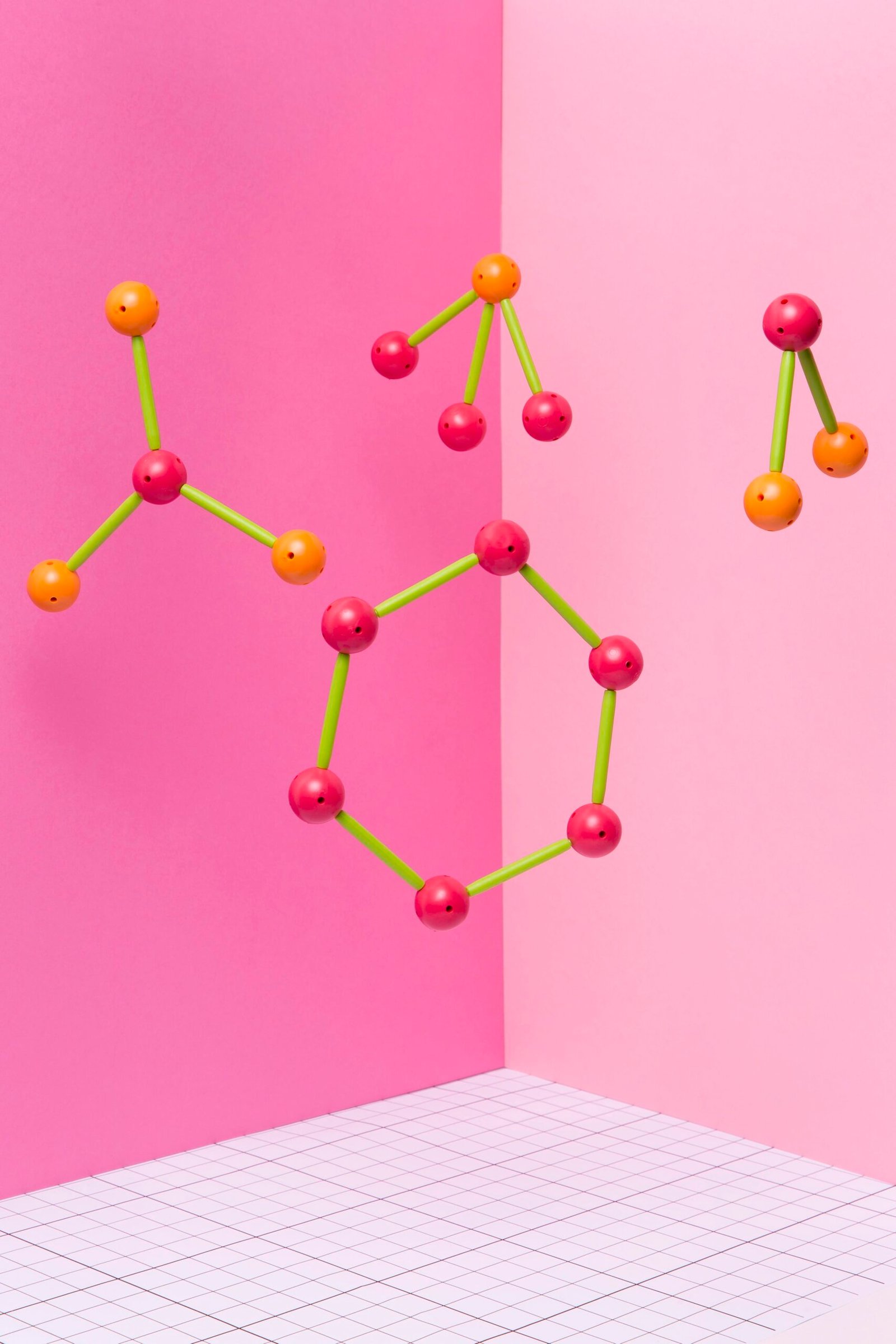Protein is a macronutrient found in body. it is mainly composed of long chain of fatty acids. Fatty acids are structural and functional unit of protein. A bond which is found between fatty acid is peptide bond.

This gives them three-dimensional structures. Its structure is very crucial for the functioning of protein. If any changes occur in the structure of fatty acid it changes overall functioning of protein. There are only 20 amino acids. They combine in different combinations to make thousands of different protein. Protein is in every part of the body so they play very crucial role in biological processes.
Importance of Protein
Proteins are the building block of body. They present in muscles, enzymes hormones and other crucial substances. They are present in cells, tissues and organs. If protein is not present in sufficient amount it will affect overall functioning of the body as they play vital role from maintenance to immunity, to cell repairing to transportation. So adequate of protein is essential for the wellness of the body.
Functions of Protein
Protein has crucial function in metabolism, immunity and have diverse features in body. It is part of cells, tissues, muscles, hormones, enzymes, bones and pores and skin. It plays following roles for the proper functioning of body.

1. As hormones protein performs critical function inside the body. For an instance, insulin adjust sugar level of blood.
2. As skin it protects body from diverse infections. Pores and skin is the most important part of the body. It stops every harmful or poisonous substance from entering into the body.
3. As a catalyst it catalyzes many metabolic reactions within body. As an example amylase is an enzyme that is secreted via digestive system to digest carbohydrate.
4. As an antibody it facilitates the immune gadget from invading micro-organism, viruses and other micro materials. Antibodies bind with the toxic substance and assist to put them of from the body
Best Sources of Protein/ High Protein Foods
Mainly there are three main sources of protein. It may be taken from animal source, plant source or dairy source. Here is detail about best sources to get protein.
Egg as a source of protein

Egg provides great and cheap supply of protein. It also contains minerals, carbohydrates and nutrients. Egg particularly has 2 elements. Yellow part of the egg is known as yolk and it has protein, fatty acids, minerals and fat.
White 2nd part of the egg is referred to as albumen or egg white. Primary function of the albumen is to defend egg yolk however it has excessive nutritional values. It comprises of excessive protein. And most of the people choose to consume as it has no fat and carbohydrates.
Milk and Yogurt as Sources of Protein

Milk is primary product of animal based protein. Although it has high level of protein but also rich in calcium ,iron and vitamin D. Calcium and vitamin D play essential role in the development and growth of bones and teeth.
Yogurt is the secondary product of milk. Greek yogurt offer more protein as compared to cheese and other dairy products. It has greater fatty acids and much less amount of fats and carbohydrates. Additionally it includes probiotics that help in the digestion in healthful manner.
.
Protein Shakes and Protein Drinks
Protein shakes offer high quantity of protein.

Nutritional value of protein shakes depend of the ingredients with which they are made. Usually pre packed protein contains high level of protein but again in depends on the ingredients with which it is made up. Normal protein shake have following nutritional value.
| Energy | 160 calories |
| protein | 18 grams |
| Fat | 9 grams |
| Fiber | Less than 1 gram |
| Calcium | Traces |
| Sodium | traces |
But it is important to consider that every protein shake have different nutritional value. The above table shows a normal nutritional value of protein drink.
During workout when muscles breakdown it is advised to take more protein whether in the form of protein drink or shake as it help in repairing of muscles tissues.
Protein diet/ Meals and Protein
As protein is essential part of functioning of the body so it is very important to take adequate amount of protein in the meals.
Protein in breakfast
It is important to take a high portion of protein during your breakfast. As breakfast is the first meal of the day and body will be engaged in various activities throughout the day so it is important to take adequate amount of protein in morning. Eggs and protein shakes or drinks are easy to take in breakfast and will provide you with high quality of protein to cope daily needs of protein. if you have busy lifestyle then taking more protein in breakfast is beneficial but if your lifestyle is passive then it is important to take advice from nutritionist about intake of protein during meals.
Protein in Dinner
Protein intake in dinner is beneficial as throughout the day body has gone through many physical activities. To repair body cells and tissues it is advised to take some quantity of protein in dinner. It can be taken in the form of salads or seafood. It will help to get fresh for the next day.
Daily Intake of protein
A balance is important for overall health and growth of body. It is advised to take protein during the day. Normally 0.8grams of protein per kg of weight is recommended Mayo Clinic.
Children need more protein intake as compared to adults because they are growing. In growth of cells and tissue protein plays crucial role. They also have very active life style. During all day they are mostly engage in physical activities so parents must take it into consideration that their diet must contain high level of protein to cope their needs.
Although every person’s life style varies from other so their needs also varies. For instance an athlete needs more intake of protein as compared to normal day to day person. A pregnant woman needs more protein than that of a normal woman.

So we can say that protein needs varies among different age groups, genders, weight and life style. Here is an estimated need of protein by different genders and age groups.
| Age | Protein in grams |
| 4-9 years | 20 |
| 10-14 years | 34 |
| 14-18 years boys | 52 |
| 14-18 years girls | 46 |
| 18 -65 years | 0.8 gram per kg body weight |
Protein and Weight Management
Protein plays crucial role in weight management. It helps to reduce weight as intake of protein does not add into muscles. When a person takes high quantity of protein it increases metabolism of body and reduces apatite and feeling of fullness arise. So in return person will take less food that will help to loss weight of body.
Protein Deficiency

Protein is main building block of body. When it is not taken adequately it will affect overall health and functioning of the body. Most common symptoms of its deficiency include increase hunger, hair loss, weak bones and nail and edema.
Conclusion
Protein is important structural and functional unit of body. It is important to take it regularly in daily routine to meet daily needs of body. Its deficiency effects overall functioning of the body. While taking its appropriate amount it is also important to keep it in mind that nutritionist advise is also important as it may have some adverse effects on body or may cause some allergies. Over dose of protein is also harmful for body.


[…] it also contains protein which is important to perform many function including hormones, enzymes and antibodies […]
[…] production of energy. They help in conversion of macro molecules i.e. carbohydrates, fats and proteins into smaller units. During this conversion of macro nutrients energy is produced to carry other […]
[…] B2 is also member of vitamin B tree. It is also known as Riboflavin. It helps in the breakdown of Proteins, fats and steroids during energy gaining process. During breakdown of these macromolecules a larger […]
[…] process. It contributes in the breakdown of larger molecule i.e. carbohydrates, fats and protein into smaller molecule. During this conversion a large amount of energy is released. This energy is […]
[…] Protein is present in the skin in the form of collagen. This collagen keeps the skin firm. Collagen is also helpful to give elasticity to the skin. But during aging process this naturally collagen production starts to reduce. When vitamin C is applied on the skin it protects the collagen. In this way it slows down the aging process and wrinkles formation and enhance the skin health. […]
[…] · Proteins […]
[…] as coenzyme like other member of vitamin B family for the conversion of carbohydrates, fats and proteins. It also participates in physiological reactions that involve the brain activity hormone production […]
[…] It also participates in the metabolism of protein. […]
[…] overall calorie consumption To increase weight it is advised to gradually increase intake of protein, fats and calories. It will help your digestive system to absorb these […]